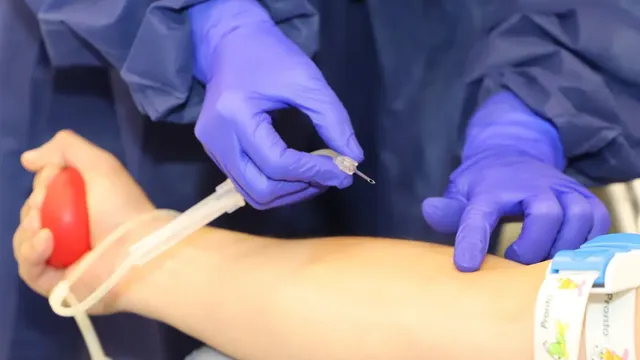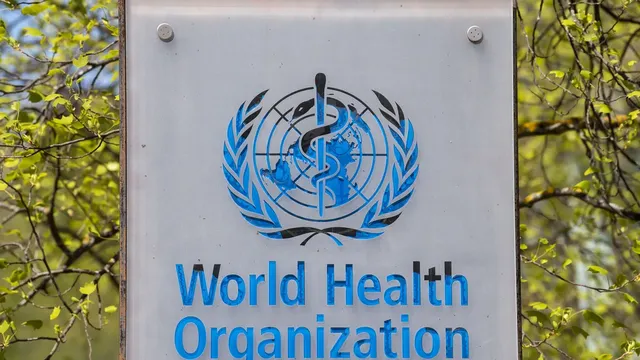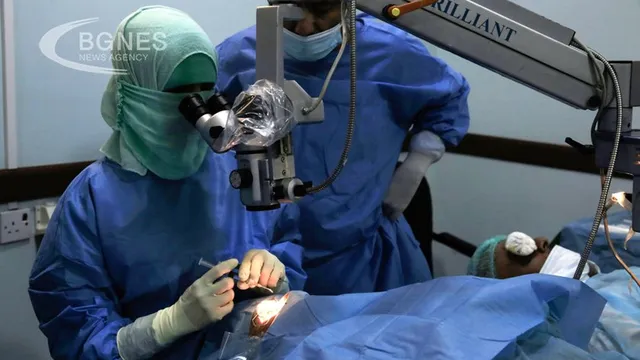Scientists from the University of Konstanz and Queen Mary University of London have taken an important step towards mass production of artificial blood.
In an article published in the journal Science Signaling, they described their discovery: the chemokine CXCL12 plays a key role in the maturation of red blood cells by helping red blood cell precursors to get rid of their nucleus - the final stage in their transformation into full-fledged cells. Normally, this process takes place in the bone marrow, where stem cells develop into erythroblasts, which in turn develop into red blood cells. The removal of the nucleus makes the cell compact and allows it to hold more hemoglobin. Adding CXCL12 at the right time made it possible to start this process in the laboratory, which opens up new possibilities for optimizing the technology.
Today, artificial blood is mainly produced from stem cells from the umbilical cord or bone marrow. But this is a limited resource. Reprogramming normal cells into stem cells has already become possible, but the efficiency of nuclear emission does not exceed 40 percent.
With the addition of CXCL12, the indicator can be significantly increased. In the future, this discovery will help not only to compensate for the shortage of donor blood, but also to create rare groups, as well as to grow one's own blood for the treatment of serious diseases. | BGNES

 Breaking news
Breaking news
 Europe
Europe
 Bulgaria
Bulgaria







